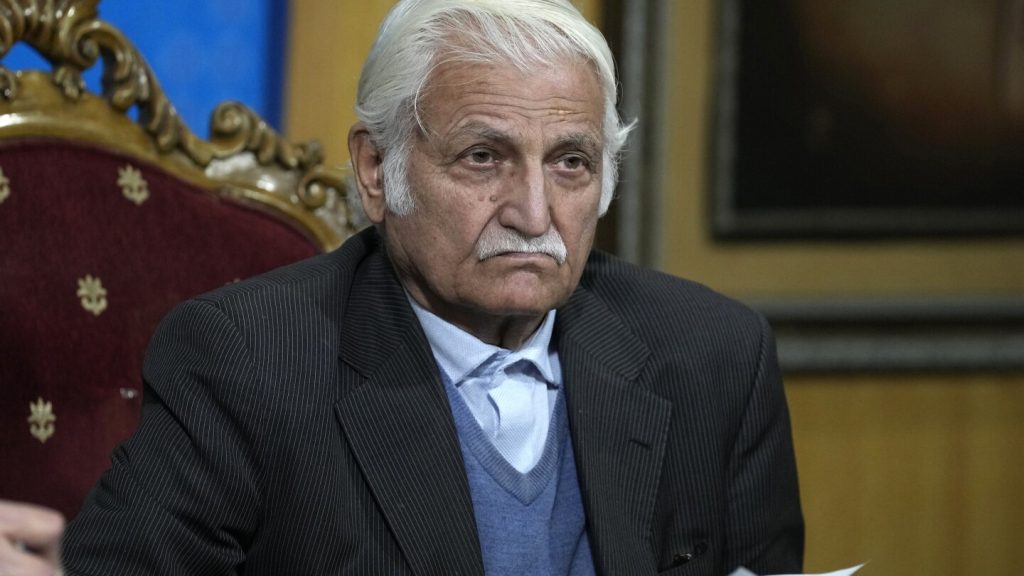The ban on Twitter in Pakistan, which has been in place since February, continues to spur controversy and opposition. An important ally of Prime Minister Shehbaz Sharif, Farhatullah Babar of the Pakistan People’s Party, criticized the ban, stating that it violates citizens’ right to speech and expression. Babar demanded the immediate lifting of the ban, emphasizing the importance of human rights in a democratic society. The ban was initially justified by the government as a measure to uphold national security, maintain public order, and preserve the integrity of the nation.
Conflicting statements from Sharif’s government regarding the ban have added to the confusion surrounding the issue. While some courts have called for the reversal of the ban, citing petitions from human rights defenders, the government has maintained its stance on the restrictions. Despite the ban, many people in Pakistan have been using VPN software to bypass government blocks on Twitter, indicating a strong demand for access to the platform. Babar’s remarks came shortly after Twitter announced its communication with Pakistan to address concerns related to the ban.
The Pakistani government has claimed that social media platforms are being used to defame the country’s institutions, particularly the military and judiciary. This assertion has sparked criticism from various quarters, including former Prime Minister Imran Khan’s Pakistan Tehreek-e-Insaf party, which relies heavily on Twitter for communication and mobilization. Babar highlighted the perception that powerful forces are behind the ban, calling on Prime Minister Sharif to dispel such notions by lifting the ban. The United States has also joined the chorus of voices urging Pakistan to remove restrictions on Twitter.
The ban on Twitter in Pakistan has raised concerns about freedom of speech and expression in the country. Human rights activists have called for a total end to the ban, emphasizing the importance of unrestricted access to information and communication platforms. With millions of people in Pakistan using Twitter, the ban has not only restricted individual freedoms but also stifled political discourse and activism. As pressure mounts on Prime Minister Sharif to reconsider the ban, the issue is likely to remain a contentious subject in the country’s political landscape.
The ban on Twitter in Pakistan has had significant implications for political parties, civil society, and the general public. With Twitter being a vital platform for communication and activism, the restrictions have hindered the ability of citizens to engage in meaningful dialogue and express their opinions freely. As calls for the ban’s removal grow louder, Prime Minister Sharif faces increasing pressure to address the concerns raised by critics and human rights defenders. The outcome of this debate will have far-reaching implications for democracy and freedom of expression in Pakistan, shaping the country’s digital landscape and political dynamics in the coming months.


